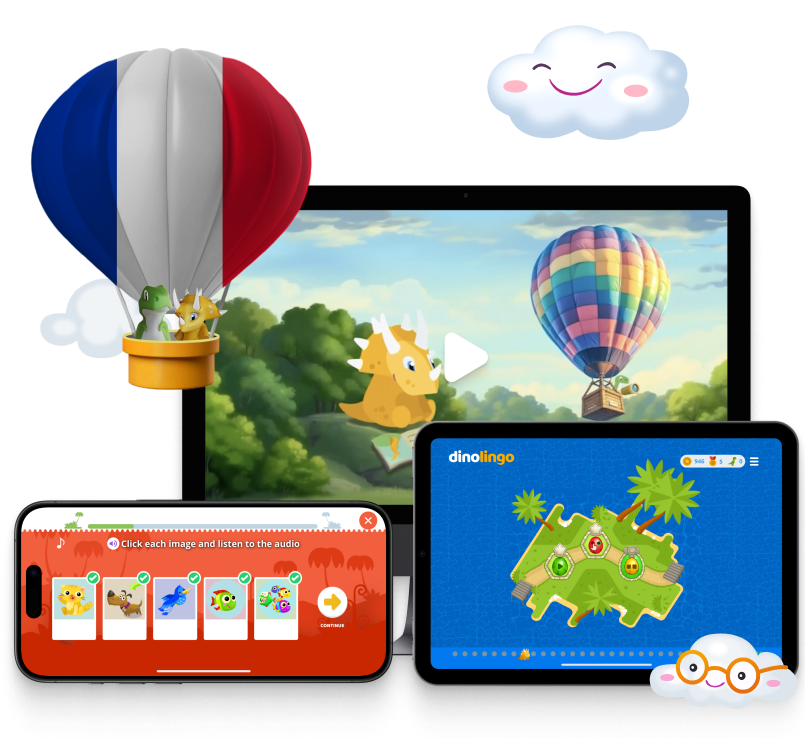French Language Facts for kids, in a modern world
The Global Influence and Cultural Significance of the French Language
French is the official language of more than a dozen countries in Africa, Europe, and North America. The International Red Cross uses French as an official language, and it is one of the six working languages of the United Nations. Some people claim that French is the language of romance and diplomacy. Famous works like Victor Hugo’s Les Misérables—which contains one of the longest sentences in French literature (823 words without a period)—reflect the language’s beauty and complexity. French words like ambulance, crayon, camouflage, and merci have been adopted into many languages, further showcasing its global reach.
French as the Language of Romance and Diplomacy
French has long been heralded as the language of romance, a reputation stemming from its melodious sound and its historical association with the arts, culture, and intellectual movements. This romantic allure is complemented by its role in diplomacy. French has been a diplomatic lingua franca since the 17th century, used in European courts and international relations. This tradition continues today, with French serving as a working language in many international organizations, reflecting its continued importance in global diplomacy.
Official Language Across Continents
French’s reach as an official language extends far beyond France’s borders, underscoring its influence in various regions around the world. It is the official language in over two dozen countries spread across multiple continents, including but not limited to France, Belgium, Switzerland, Canada, and numerous countries in West and Central Africa such as Ivory Coast, Senegal, and Cameroon. This widespread use highlights French’s role as a vital tool for communication in diverse cultural, political, and social contexts.
French in International Organizations
The International Red Cross, a major humanitarian organization with a global footprint, uses French as one of its official languages. This choice reflects the language’s diplomatic heritage and its utility in facilitating communication in diverse international settings. Similarly, French is one of the six official languages of the United Nations, alongside English, Spanish, Russian, Chinese, and Arabic, which positions it as crucial for multilateral diplomacy and international cooperation.
French Literature and the Arts
French literature is rich with works that have had a profound impact on world literature. An example of the language’s complexity and beauty can be seen in Victor Hugo’s “Les Misérables,” which contains one of the longest sentences in French literature, comprising 823 words. This sentence exemplifies the expressive potential of French and its capacity to convey complex ideas and emotions in a single, flowing expression. French has been a conduit for numerous significant literary and philosophical movements, influencing countless writers and thinkers globally.
Influence on Other Languages
French has also made a lasting impact on the vocabulary of other languages. Numerous French words and phrases have been adopted into English and other languages, reflecting France’s historical influence on art, science, and politics. Terms like “ambulance,” “crayon,” “camouflage,” and “merci” are used worldwide, demonstrating the language’s broad cultural reach. These borrowings enrich other languages, bringing with them connotations of sophistication and history.
Educational and Cultural Exchange
French is one of the most studied foreign languages worldwide. Students learn French not only for travel and career benefits but also to access centuries of literature, philosophy, and art. Institutions like Alliance Française promote French learning and organize cultural events around the globe.
If you’re looking to introduce French to your children in an accessible and engaging way, Dinolingo’s French learning program offers interactive lessons, vocabulary practice, and animated content that blends language acquisition with cultural learning. It’s a great entry point for kids to develop an early love of French.
French in Science and Technology
French contributions to science and technology are notable as well. The language plays an important role in various scientific communities, particularly in mathematics, physics, and medicine. It is also the traditional language of culinary arts, fashion, theater, and the visual arts, which contributes to its prestige and global spread.
The Future of French
As the world becomes increasingly interconnected, French is likely to maintain its status as a key global language, thanks to its official role in international organizations, its influence in academia, and its cultural prestige. Its use in digital media and internet content also continues to grow, ensuring that French remains relevant in the digital age.
Conclusion
French continues to be one of the most influential languages globally. Its historical role in diplomacy, vast literary heritage, and presence in international institutions underscore its importance. From politics and education to fashion and science, French bridges cultures and continents.
As a language of both logic and emotion, formality and flair, French invites learners to explore a world shaped by words. Whether you’re learning it for travel, education, or personal growth, French offers not only communication skills but also a deeper understanding of history, culture, and global connection.
Start Learning a New Language Today!
Best Language App for Kids.
7-day free trial. Then only $19/month. Cancel anytime.


An excellent website for no one